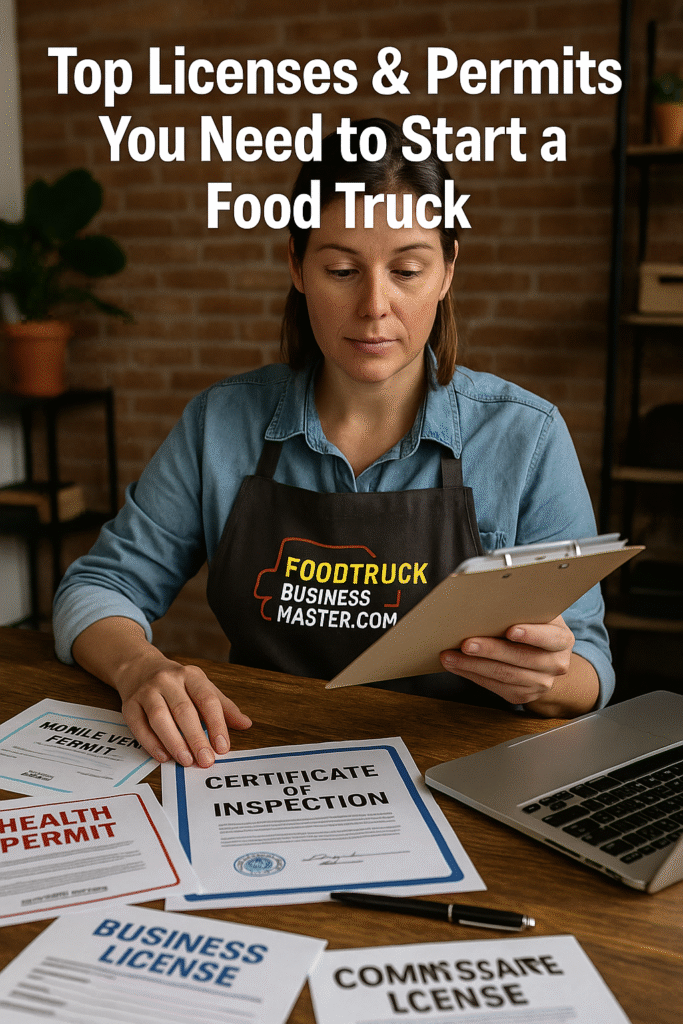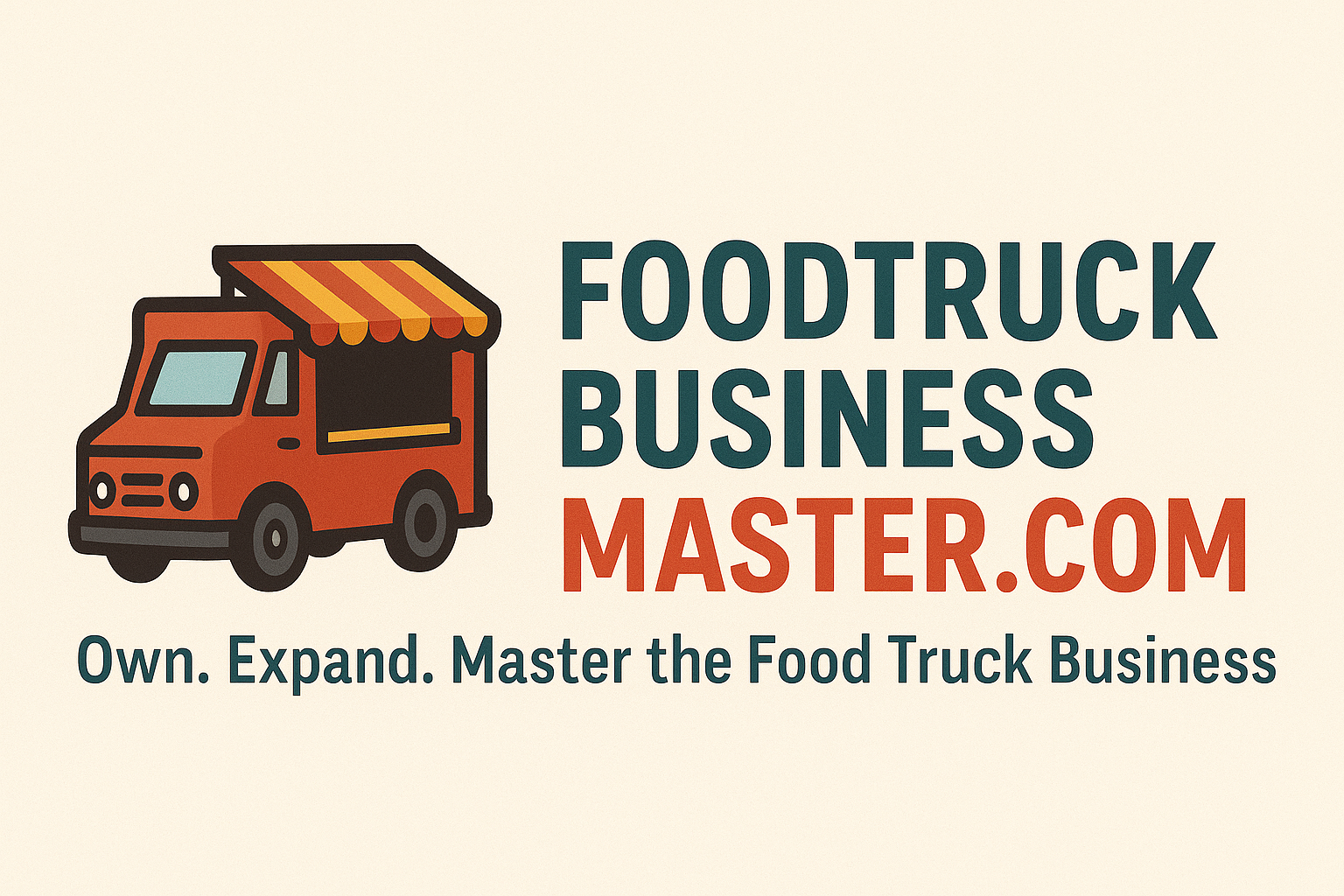
Launching a food truck without proper licensing is like serving food without cooking it — you’re asking for trouble. From health codes to zoning rules, here’s what you need to operate legally and confidently.
💡 Note: Requirements vary by country and city, so always check with your local municipality.
✅ 1. Business License
What it is: Legal permission to operate a business
Who issues it: Local or city government
Why you need it: It registers your business and enables tax compliance
Tip: Register under an LLC or Limited Company for protection
✅ 2. Food Service Permit / Health Permit
What it is: Certification from the health department to serve food to the public
Who issues it: Local health department
Why you need it: Ensures your truck meets sanitation, food handling, and hygiene standards
Includes: Truck inspection, food safety certification, staff hygiene protocols
✅ 3. Mobile Vendor Permit
What it is: License specifically for mobile food operations
Why you need it: Grants you permission to operate a truck in public spaces
Common Conditions: Where you can park, hours of operation, noise limits
✅ 4. Commercial Vehicle Registration
What it is: Official registration of your food truck as a commercial vehicle
Why you need it: Required for insurance, inspections, and compliance
Tip: Make sure your insurance matches your registration class
✅ 5. Fire & Gas Safety Certificate
What it is: Confirmation that your truck’s cooking appliances and propane/gas lines are safe
Who issues it: Local fire department or certified safety inspector
Tip: Fire suppression systems are often mandatory — especially for deep fryers and grills
✅ 6. Commissary Agreement (If Required)
What it is: Proof of affiliation with a commercial kitchen or food prep facility
Why you need it: Some cities don’t allow full food prep in the truck — you’ll need a prep space for cleaning, storage, and food prep
Where to get it: Rent space in a certified commissary kitchen
✅ 7. Parking Permits / Location Approvals
What it is: Local approval to park or vend in specific public or private areas
Why you need it: Not every street or park allows food trucks — zoning matters
Tip: Private events and festivals may have separate licensing rules
✅ 8. Employee Identification Number (EIN)
What it is: Business tax ID number
Who issues it: IRS (USA) or local equivalent
Why you need it: Required for payroll, taxes, and opening a business bank account
✅ 9. Music or Public Entertainment License (if applicable)
What it is: A license to play music or provide amplified sound
Why you need it: If you’re hosting live entertainment or using loudspeakers
🔎 Bonus: Ask These Questions Before Applying
- Does my city require a special food truck zoning map?
- Do I need to submit my truck’s layout/schematic to the health department?
- Are there seasonal or event-specific licenses available?
💼 Final Thoughts
Licensing may seem overwhelming, but it’s essential to protecting your business. A single violation can result in shutdowns, fines, or worse — losing customer trust.
🚀 Let Us Help You Launch Right
At FoodTruckBusinessMaster.com, powered by Star Brands Consulting Group, we help entrepreneurs:
- Navigate local regulations
- Prepare food truck layout plans
- Submit the right documents — the first time
✅ Download our Free Food Truck License Checklist
✅ Explore our [Startup Resource Center]
✅ Book a consulting session for personalized compliance help
Own. Expand. Master the Food Truck Business.

Leave a Reply